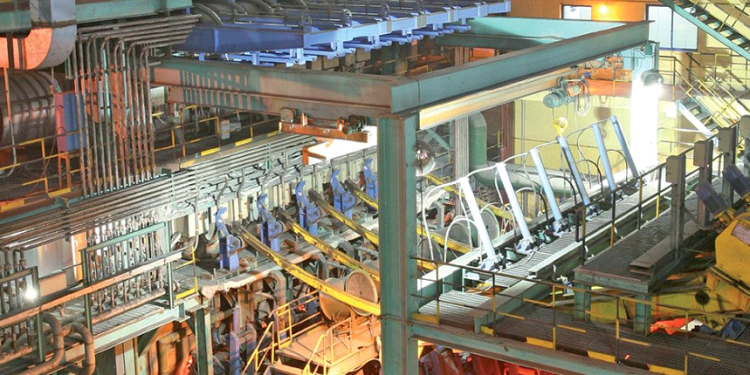The sudden decision by ArcelorMittal South Africa (AMSA) to shut down its Newcastle steel blast furnace has sparked a crisis for the South African automotive industry, threatening thousands of jobs and the sector’s global competitiveness.
A Blow to Local Car Manufacturing: Why This Closure Matters
For years, AMSA has been the sole domestic supplier of nearly 70,000 tons per year of specialized long steel grades essential for car manufacturing. These steel products are critical to the supply chains of OEMs (original equipment manufacturers) like Toyota and Volkswagen.
Without these materials, local automakers now face the risk of production shutdowns and higher costs as they scramble to source steel elsewhere—often from international suppliers with long lead times and currency risks.
“Every 1,000 tonnes of locally produced steel contributes R9.2 million to South Africa’s GDP,” says the National Association of Automotive Components and Allied Manufacturers (NAACAM).
Ripple Effects Across the Automotive Supply Chain
Renai Moothilal, CEO of NAACAM, warns that the closure could cause short-term disruption and lead to long-term delocalization, eroding the auto industry’s cost competitiveness and global reputation. Local component suppliers—some of which manufacture parts for electric vehicles assembled in the United States—depend on AMSA’s steel to meet OEM certification standards.
Now, with local production halted, they may be forced to:
- Rely on limited buffer stock
- Import steel at costs up to 25% higher
- Face delays in production, especially for safety-critical parts
- Risk non-compliance with rules of origin in trade agreements
These issues could delay new vehicle deliveries, both locally and internationally, and affect consumers looking for new or affordable used vehicles—a growing concern highlighted in Auto24.co.za‘s market reports.
Job Losses and Economic Fallout
The AMSA Newcastle plant closure directly impacts about 3,500 workers, but the broader industry could lose up to 13,000 jobs if production declines or shifts offshore.
The auto industry represents 15% of all manufacturing exports in South Africa. If OEMs are forced to cut local content or move production elsewhere, the knock-on effects could be devastating for the economy.
Sourcing steel from new suppliers isn’t simple. It often involves:
- Crash testing new materials
- Vehicle homologation updates
- Extensive OEM approval processes that could take 12 months or more
These hurdles could delay the entire vehicle manufacturing cycle, affecting automakers and suppliers alike. For more updates on how this crisis could affect your next vehicle purchase or car prices, visit iMotoNews.co.za.
Industry Urges Immediate Government Action
NAACAM is pushing for urgent state intervention, calling on the Department of Trade, Industry and Competition (DTIC) to:
- Delay the Newcastle closure for at least one year
- Support the certification of alternative steel producers for auto-grade products
- Explore rescue or restructuring plans to keep the Newcastle plant running
Keeping the furnace operational, even temporarily, could provide a critical buffer period to stabilize the supply chain and prevent a larger economic collapse in the sector.
What Can Be Done?
South Africa’s reputation as a leading automotive manufacturing hub is at risk. With the auto sector already under pressure from global competition, rising input costs, and unreliable logistics, the AMSA steel supply crisis couldn’t have come at a worse time.
What measures do you think government and industry should take to protect jobs and stabilize steel supply?
Let us know your thoughts in the comments, and stay up to date on the latest developments via Auto24.co.za and iMotoNews.co.za.





